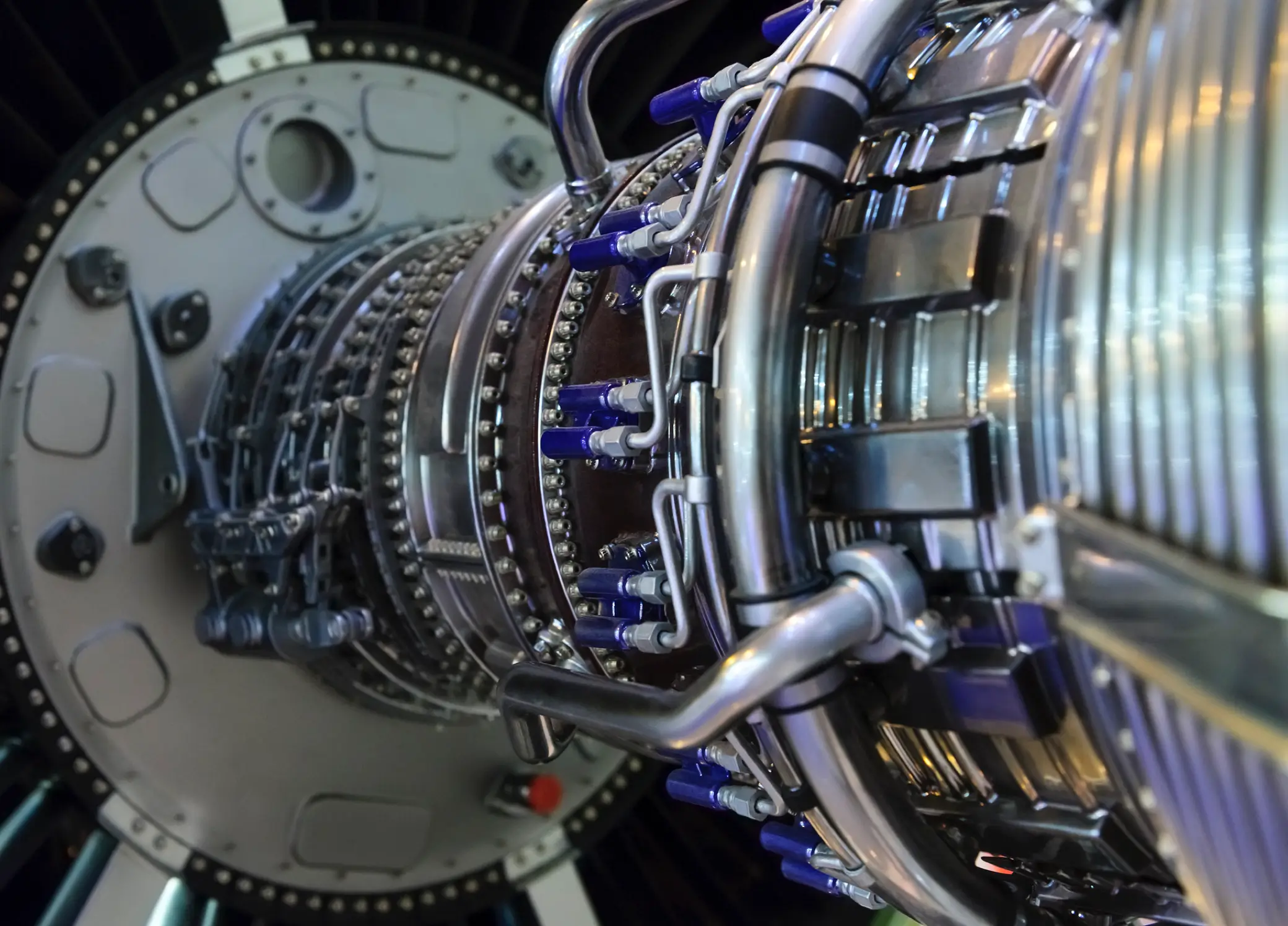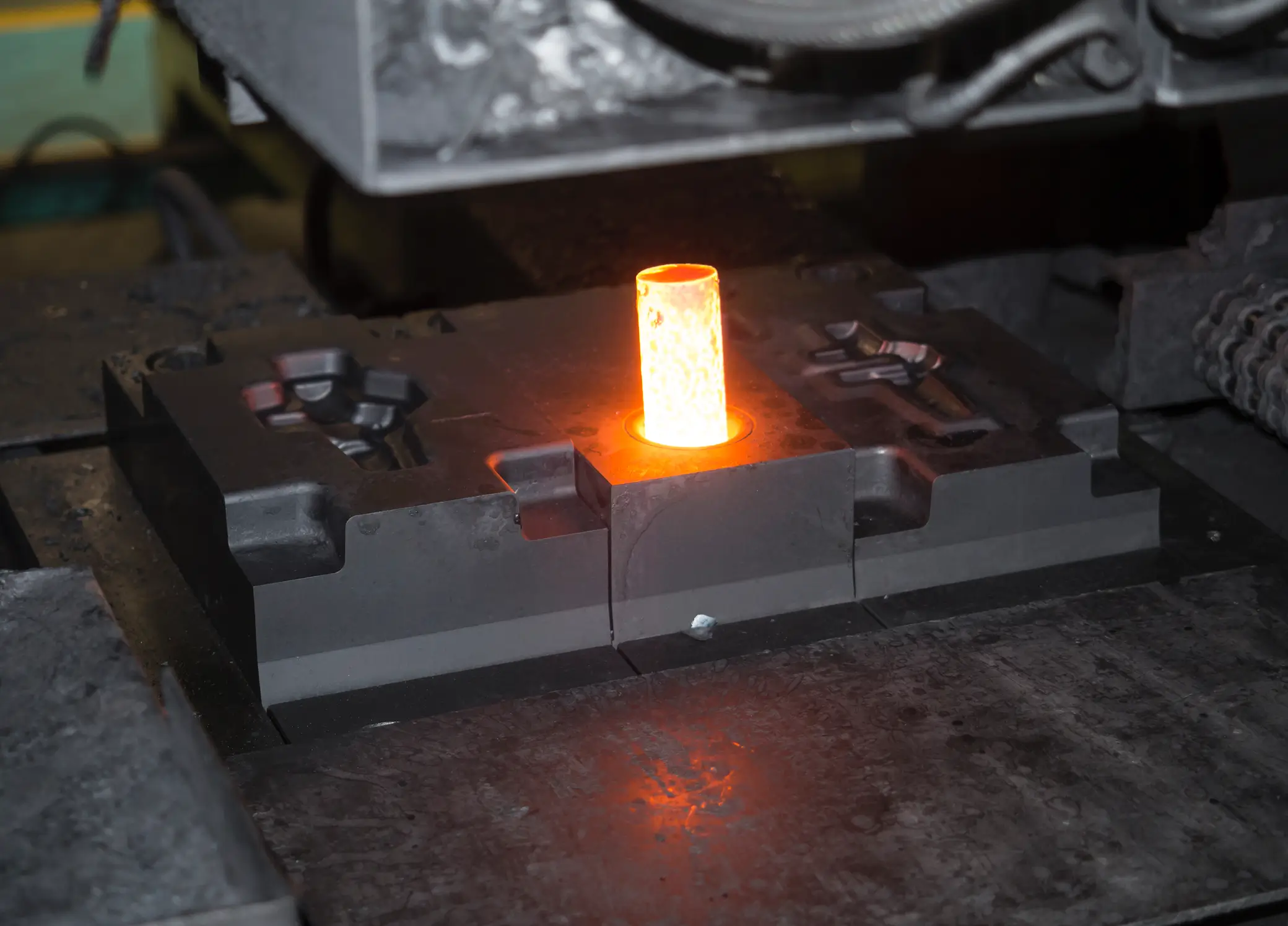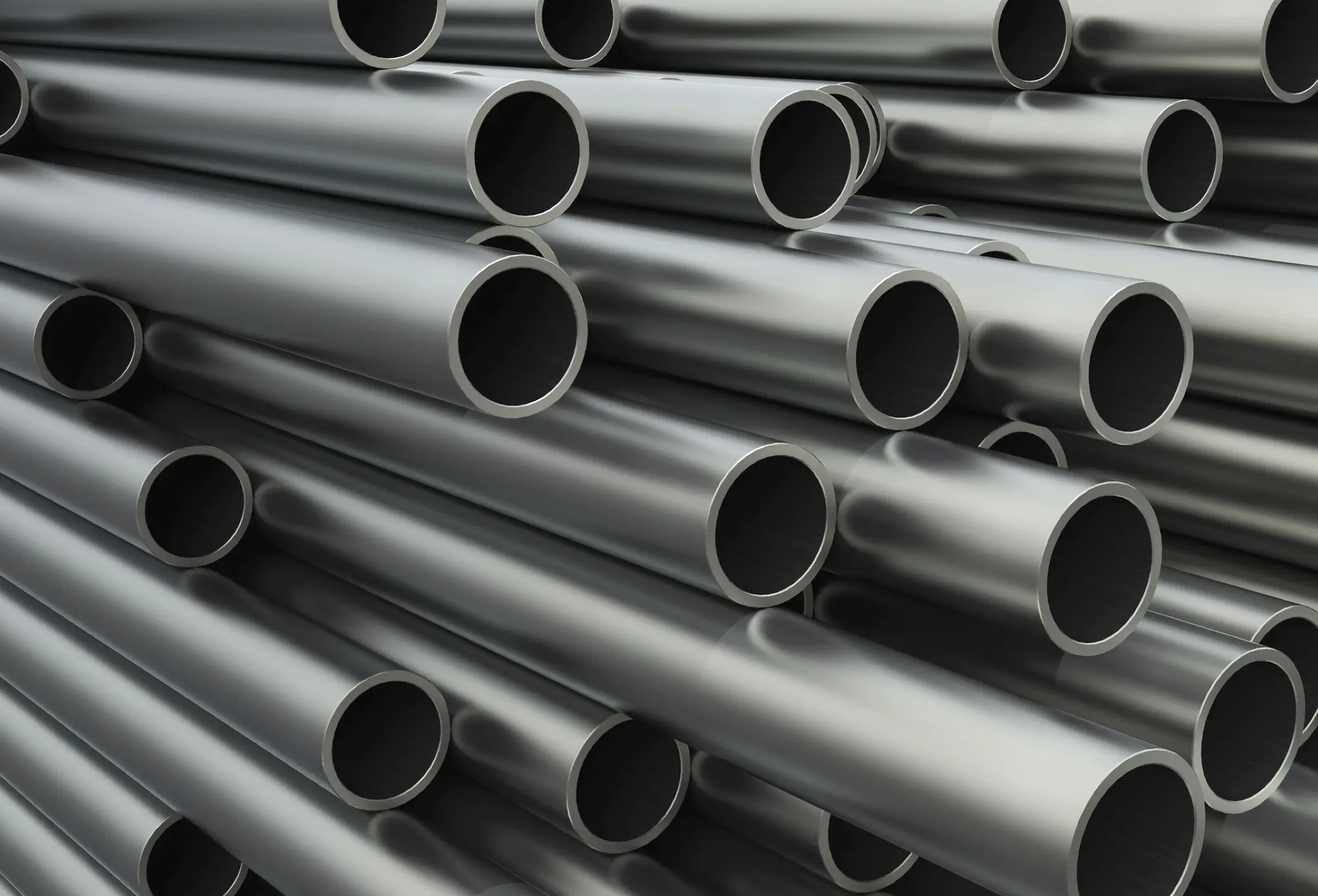Why Choose Titanium Forgings?
Titanium isn’t just lightweight—it’s tough, corrosion-resistant, and meant to perform where other metals fail. That’s why forging titanium is the solution for applications that demand high strength without the added weight. It holds up in extreme temperatures, shrugs off chemical exposure, and maintains its structural integrity in some of the most punishing environments on and above Earth.
Our Titanium Forging Capabilities
Forging titanium starts with understanding the right grade for the job. At Canton Drop Forge, we work with a range of commercially pure and alpha-beta titanium alloys to meet the performance requirements of demanding applications.
Ti-6Al-4V (Grade 5)
The most widely used titanium alloy, valued for its high strength-to-weight ratio, corrosion resistance, and weldability. Ideal for aerospace, military, and industrial components.
Ti-6Al-4V ELI (Grade 23)
A lower interstitial version of Grade 5, this alloy offers superior fracture toughness and biocompatibility. Commonly used in medical implants and cryogenic applications.


Grade 2 CP Titanium
A commercially pure titanium known for excellent corrosion resistance, especially in marine and chemical environments. Preferred when moderate strength and maximum corrosion resistance are key.
Other Grades Available on Request
Not every application fits a standard alloy. Our team can source and forge titanium across a broader spectrum of grades based on your engineering requirements.
Tell us what you need; we’ll align the material to your spec, and shape it to perform.

How We Forge Titanium That Performs
Titanium isn’t forgiving—and neither are the applications it’s forged for. That’s why our entire closed die operation is engineered around tight process control and deep titanium experience. Our 13 forging hammers give us the force and flexibility to produce titanium parts from just a few pounds up to 3,500 lbs. Whether you need a forged titanium ring, housing, flange, or structural bracket, we control every step—from billet preparation to post-forge heat treatment—to ensure consistent grain flow and mechanical integrity.
We’re one of the few titanium forging companies equipped to deliver high-strength, tight-tolerance components at production scale. And we do it all with the certifications you expect: AS9100, ISO 9001, and NADCAP compliance for heat treat and NDT.
From Orbit to Offshore—Who Trusts Our Titanium Forgings
Titanium forgings are for systems that operate in extreme conditions, under real-world stress. Canton Drop Forge supplies forged titanium components to sectors where performance isn’t optional.
- Aerospace: From jet engine components to structural brackets, we forge titanium parts that meet aerospace-grade specs and survive flight-critical environments.
- Defense: Whether it’s armor, missile systems, or naval hardware, we support defense platforms with high-strength, corrosion-resistant titanium forgings built to MIL and ASTM standards.
- Power Generation: In both land-based turbines and energy exploration equipment, our titanium forgings offer thermal stability and fatigue resistance.
- Medical: Using biocompatible grades, we forge titanium for surgical devices and structural implant components that meet strict material traceability and cleanliness requirements.
- Marine & Offshore: For saltwater exposure and subsea performance, CP titanium and alpha-beta alloys offer unmatched resistance to corrosion, pitting, and fatigue.
We don’t just make parts—we make forged titanium components that carry the weight of mission-critical performance across industries.
See How We Forge
Get an inside look at how Canton Drop Forge takes on one of the toughest materials in the industry. This short video walks you through the force, precision, and control behind every forged titanium component we produce. If you care about process as much as performance, it’s worth a watch.
Frequently Asked Questions: Our Titanium Forge Capabilities
If you’d like to learn more about our titanium forge capabilities, check out the answers to our most frequently asked questions down below.
What’s the difference between open die and closed die titanium forging?
Open die forging shapes titanium between flat or contoured dies, ideal for large, simple shapes. Closed die forging, which we specialize in, uses precision-machined dies to create complex, near-net shapes with tighter tolerances and better mechanical properties.
How does titanium’s forging temperature compare to other alloys?
Titanium alloys require forging temperatures between 1,400°F and 2,200°F, depending on the grade. Unlike steel or nickel alloys, titanium is highly sensitive to temperature and strain rate, making process control critical during forging.
Can titanium be machined after forging?
Yes. Forged titanium parts are often machined to final spec. The forging process improves the grain structure and material integrity, allowing for better machining consistency and reduced risk of part failure during use.
Let’s Build Something Built to Last.
When your project demands the strength, precision, and reliability of forged titanium, work with a team that knows how to get it right. From material selection to final inspection, Canton Drop Forge brings the experience and infrastructure to handle complex titanium forging from start to finish. Reach out to start a conversation; our engineers are here to help you move from concept to component.
